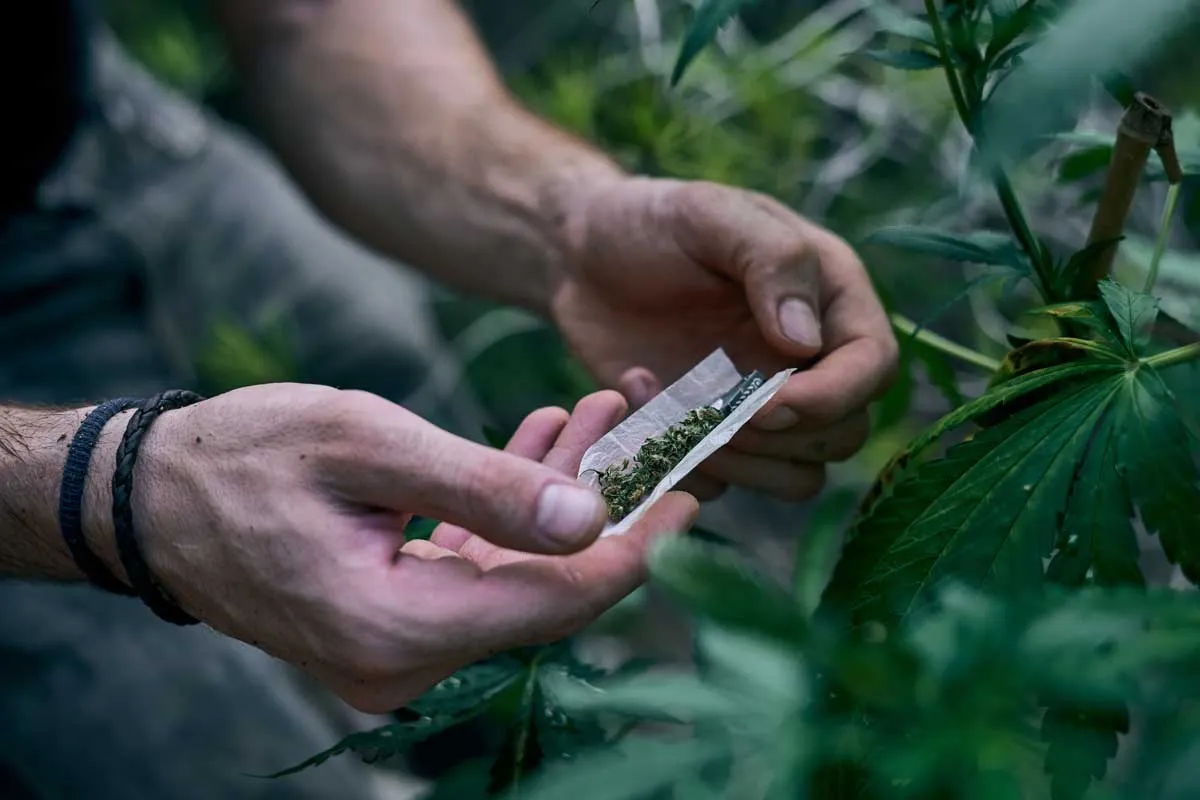The duration marijuana stays in your body depends on several factors, especially how often you use it. It’s not possible to determine a precise timeline for testing clean, as individual biology and usage habits significantly affect how quickly THC is processed and eliminated.
Here’s a general estimate for THC detection based on usage:
- One-time use: 4–8 days
- 2–4 times/month: 11–18 days
- 2–4 times/week: 23–35 days
- 5–6 times/week: 33–48 days
- Daily use: 49–70 days
- Some regular users may eliminate THC at the same rate as occasional users due to tolerance and metabolism.
The most accurate way to know if you’re clean is to use home test kits every few days, ideally testing your first urine sample in the morning. However, these tests often have higher detection limits (typically 50 ng/mL) compared to lab tests, meaning you might test negative at home but still fail a lab test. As testing accuracy continues to improve, it’s important to consider what research says about marijuana benefits and risks, especially when evaluating long-term usage or therapeutic claims.
It’s important to be cautious of tools or charts that claim to predict when you’ll test negative, as these are often unreliable.
What is Delta-9 THC?
Cannabis sativa, the plant from which marijuana is derived, contains over 400 chemicals, including 61 cannabinoids. No other mind-altering substance matches the potency of delta-9-THC. It is fat-soluble and tends to accumulate in fatty tissues and organs like the liver, lungs, and spleen.
Delta-9 THC is metabolized in the liver to a more potent compound, 11-OH-THC, and later to an inactive form, THCCOOH. The enzymes responsible for this process (CYP2C9 and CYP3A4) vary genetically, so some people break down THC faster than others.
Factors That Affect THC Retention
The length of time marijuana is detectable in the body depends on various factors, including:
- Hydration: Drinking fluids can affect test outcomes.
- Genetics, metabolism, and body fat percentage: Body fat slows THC breakdown; a fast metabolism speeds it up
- Exercise habits
- Usage pattern: Occasional users metabolize THC more quickly.
- Test type: Blood, saliva, urine, and hair tests vary in detection windows.
- Overall health: Chronic illnesses may impact how your body handles THC.
- Other medications: Some drugs affect the enzymes that process THC.
- Marijuana strength and personal tolerance
Marijuana Testing Methods
There are two main types of drug testing:
- Screening tests – Detect substance presence (positive/negative result)
- Measurement tests – Determine substance quantity (specific values)
Detection times by test type:
- Blood: Up to 36 hours (or 7 days for long-term users)
- Hair: Up to 90 days (cannot detect very recent use)
- Saliva: Up to 34 hours
- For occasional users, drugs are traceable in urine for 1–4 days, whereas frequent or heavy users can have detectable levels for up to 70 days.
Can Secondhand Smoke Cause a Positive Test?
Failing a drug test from secondhand marijuana smoke is unlikely unless exposure is intense and prolonged, such as sitting in an enclosed space with heavy smokers.

